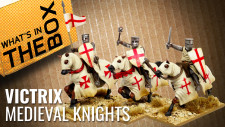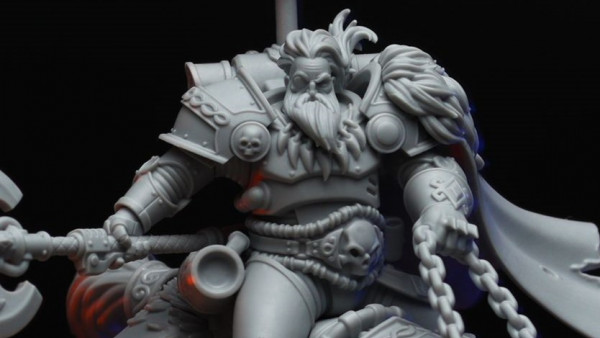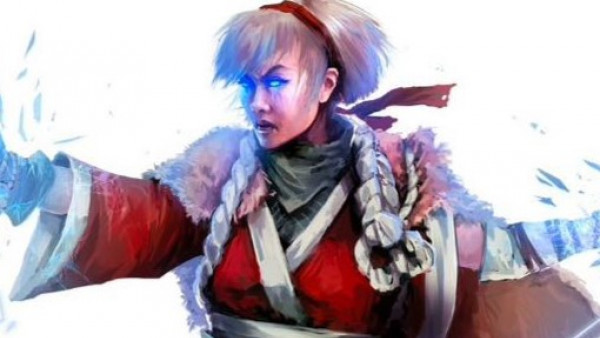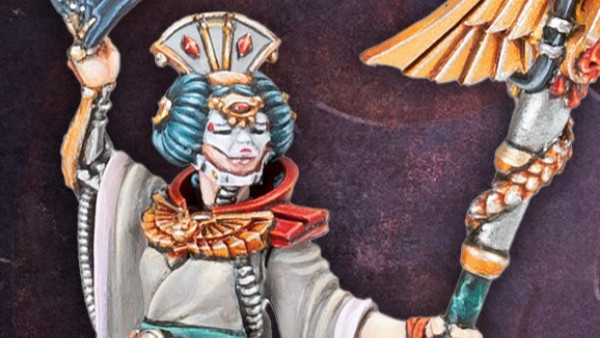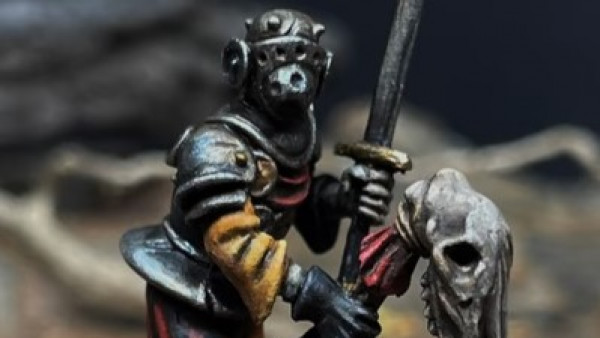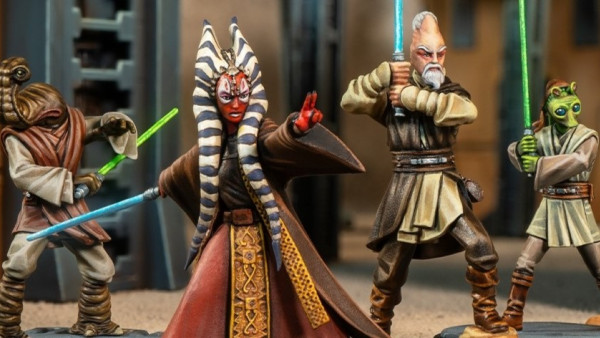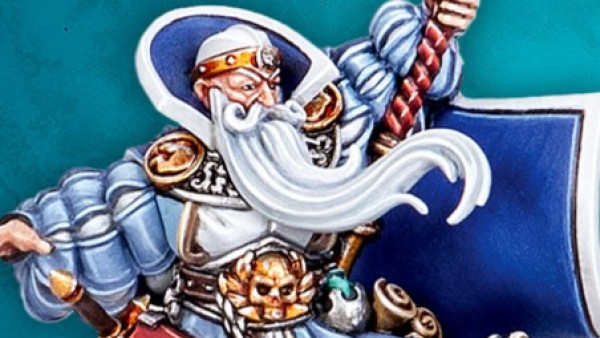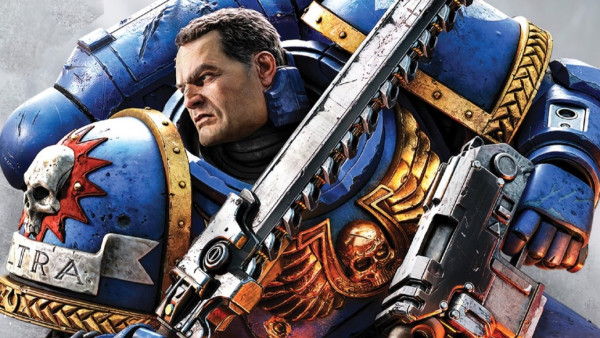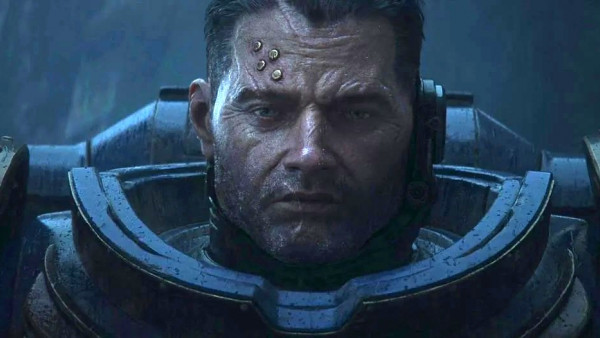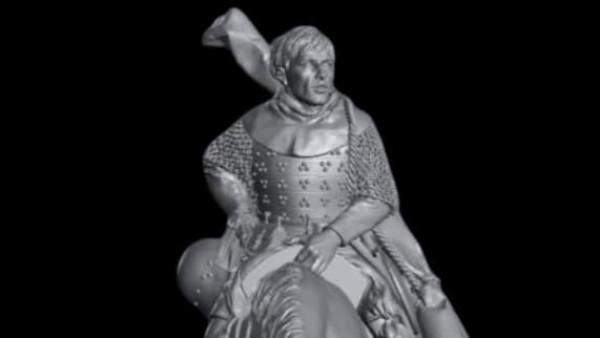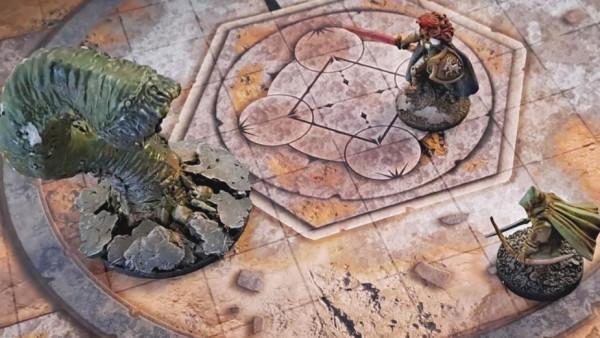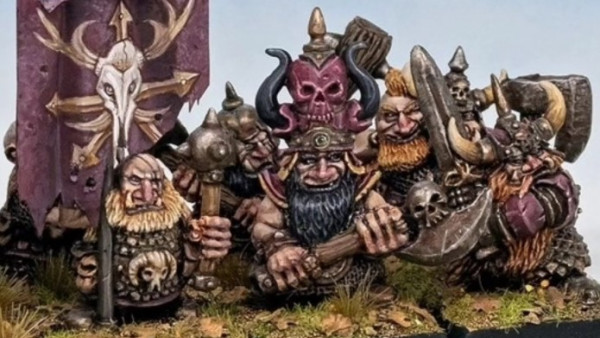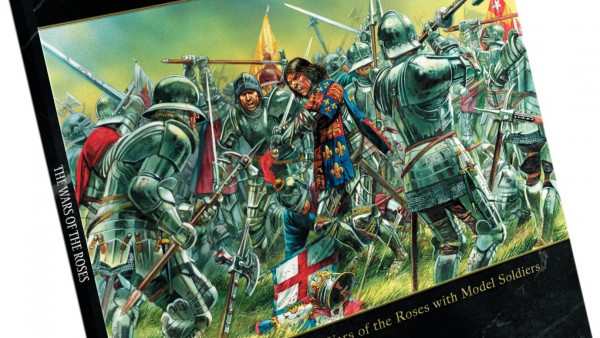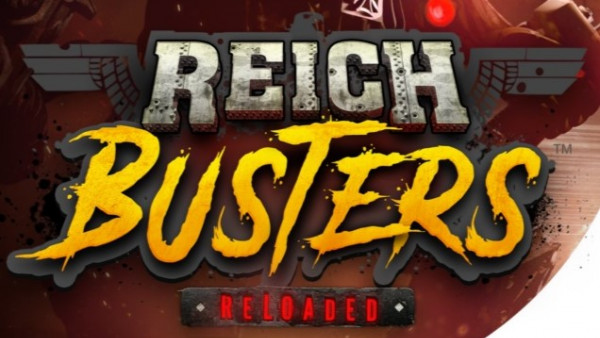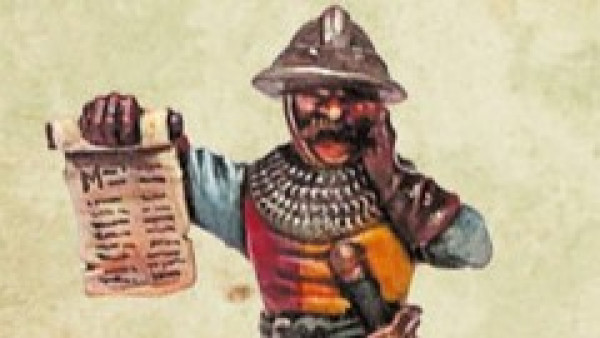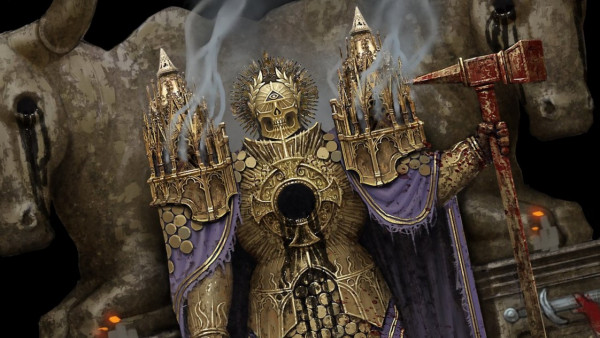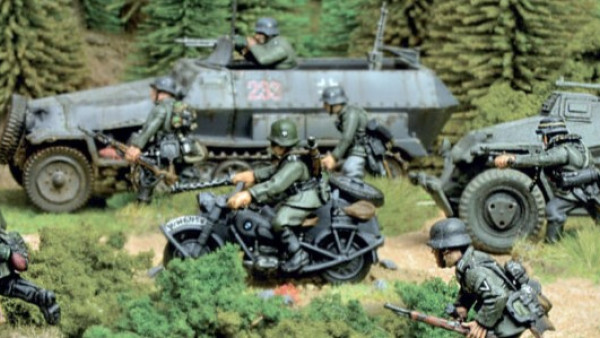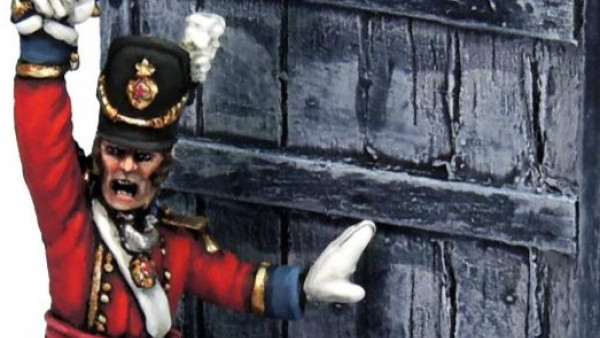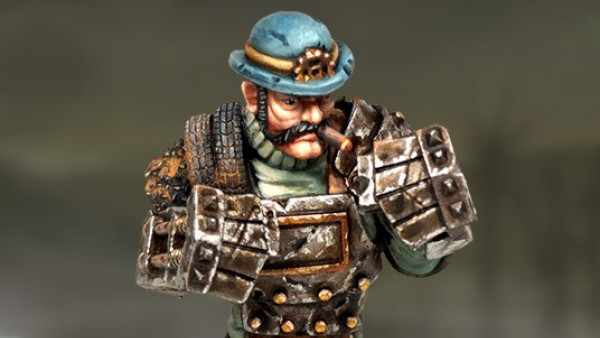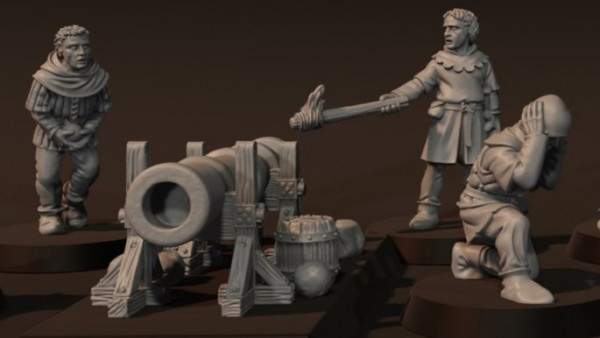Home › Forums › News, Rumours & General Discussion › D&D officially turning Forgotten Realms sights away from Euro inspired campaigns › Reply To: D&D officially turning Forgotten Realms sights away from Euro inspired campaigns
I’ve been very reassured by a lot of what I’ve read here. Onlyonepinman’s paragraph about “Medieval Fantasy” being generic only because it’s what we are used to was wonderfully expressed, in particular.
I’ve seen the culture war impact role-playing first-hand, unfortunately. There was a stint in time where work and distance broke my group up, and we looked locally for new players and groups in the interim. We met up with the largest “public” role-playing group in town, and… it was problematic.
My girlfriend was vehemently rebuked for playing a “sexualized” character, because it was somehow wrong for a young woman to want to play a make-believe elf who was beautiful and not afraid of her own sexuality.
My friend was scolded for playing a white European knight, because as an Asian, he should play something diverse, like a ninja or a samurai. He explained that we had just finished a 3 year campaign of Dark Heresy where he had played an Asian ninja assassin, but… apparently he was not allowed to play a white man. Somehow his make-believe character had to look the same as him… which kind of defeats the purpose of make-believe, no?
The issue with identity politics in role-playing is that it kills the heart and soul of the hobby as a whole. The second we start dividing people by what they are or aren’t allowed to pretend to be, the escapism is gone.
The idea that role-playing is currently ‘region locked’, or that it’s difficult to play in ‘diverse’ settings is silly.
My group has male, female, and non-binary players, and White, Asian, Middle Eastern and Black players. We’re pretty diverse, I’d say. In the past 8 years of gaming we have played big campaigns of Dark Heresy and Rogue Trader, where the players all played various characters of racially unimportant cyborgs and 40k-ites.
We played L5R, where everyone was Asian.
A huge Pathfinder campaign set in Ancient Egypt, where everyone was African.
We’re looking forward to playing Nahual, where we’ll all be Mexican.
In fact, our current game of Warhammer Fantasy is the only time we’ve played white Europeans in years, and it’s been a blast. Because it’s fun to play different characters in different settings!!!
There’s nothing inherently wrong with bringing in new settings and the like, but I agree with the views expressed here that intent is key. I love new and interesting worlds and fantasies, but if they’re brought about as some kind of virtue-signalling maneuver, they lack integrity.
It’s noticeable that the only white male in the Player’s Handbook is the Barbarian. It’s noticeable that in the 4th edition of Warhammer Fantasy the picture for “Townsperson” is an Asian woman, and it’s noticeable that the playtest rulebook for Pathfinder dedicated more pages to explaining privilege and social justice than it did to fleshing out huge portions of the rules.
Has this “ruined” the hobby? No. Of course not. It’s noticeable, though, and pretending that it could never get to the point where it might become exclusive rather than inclusive, seems short-sighted. Of course it’s anecdotal, but the Asians in my group laughed at the Asian Townswoman in Warhammer, because Fraulein Chow doesn’t fit into the setting very well, and they said that it was obvious they’re being pandered to.
To be honest, I actually find the cosmopolitan setting of modern D&D generic by pure dint of its sheer lack of tone. To take Critical Role as an example, the party is made up of a blue demon person, a half-orc demigod, a trans-goblin, a firbolg with a pink lady gaga hairdo, and the like. They go into towns that are full of genie crime lords, bag pipe playing turtles, and gnomes who seemingly never sleep.
I find it very hard to get excited about some new special snowflake when literally everyone walking down the streets is some kind of special half-wizard celestial dragon monk.
Meanwhile, the setting of the Witcher, while European Medieval, is 10x less generic, for the simple fact that it is coherent, lived-in, and feels like it could actually exist.
































![How To Paint Moonstone’s Nanny | Goblin King Games [7 Days Early Access]](https://images.beastsofwar.com/2024/12/3CU-Gobin-King-Games-Moonstone-Shades-Nanny-coverimage-225-127.jpg)



